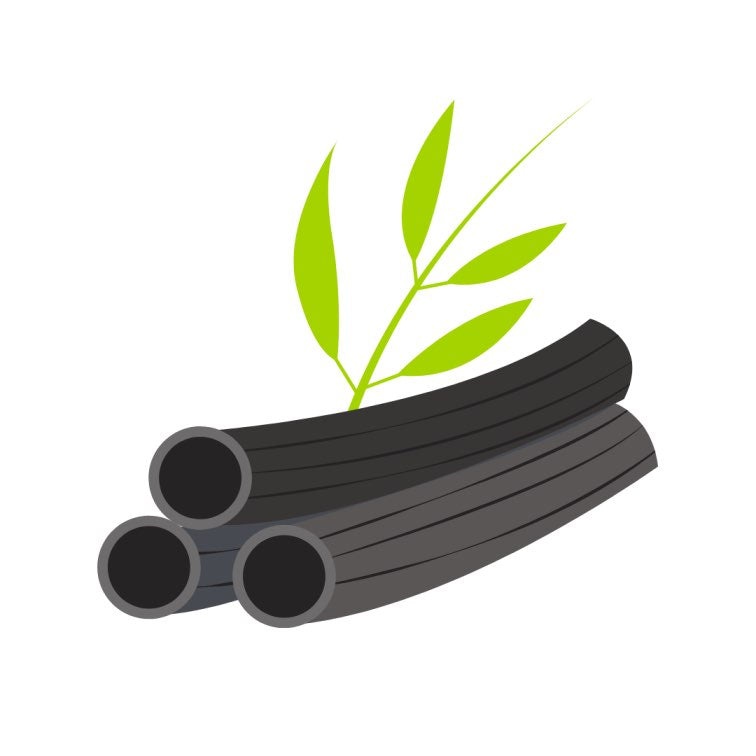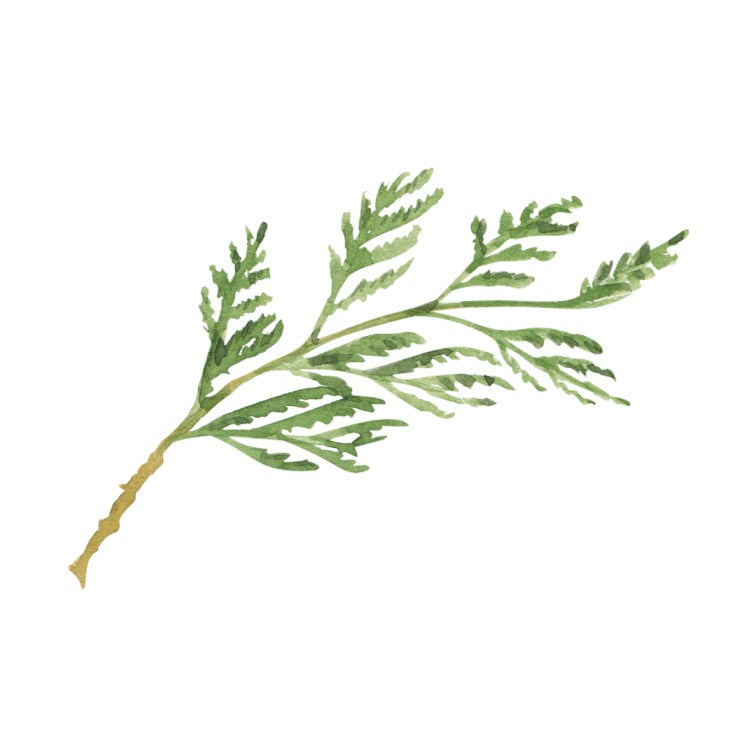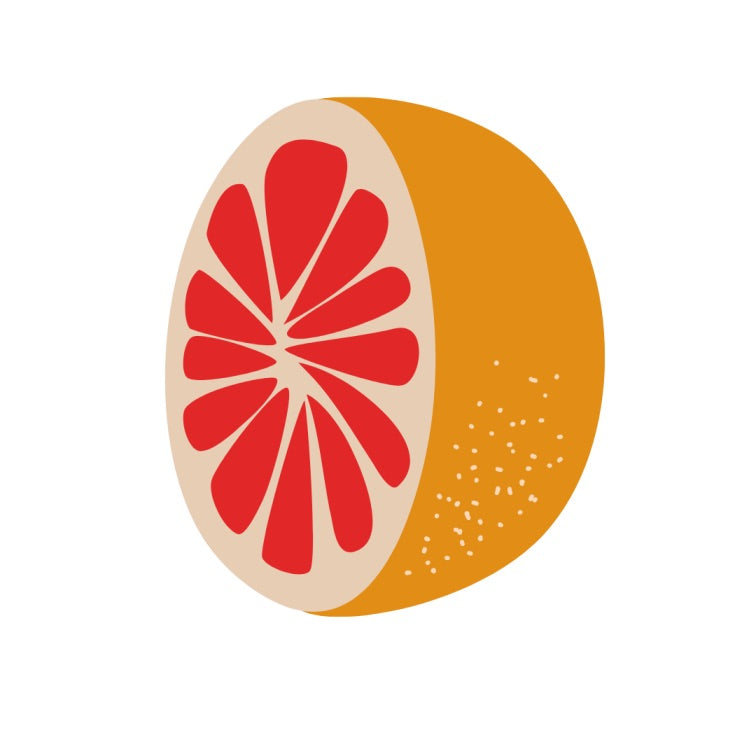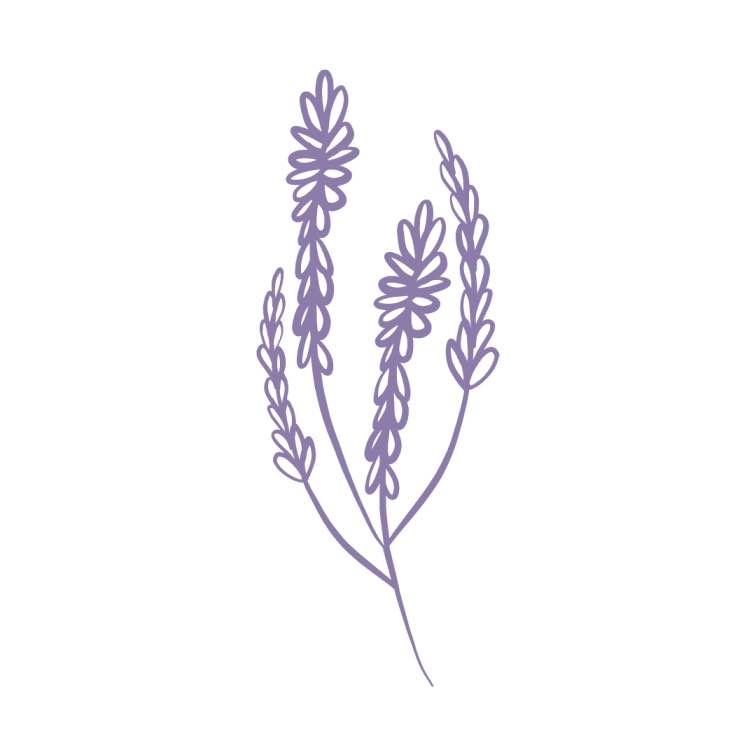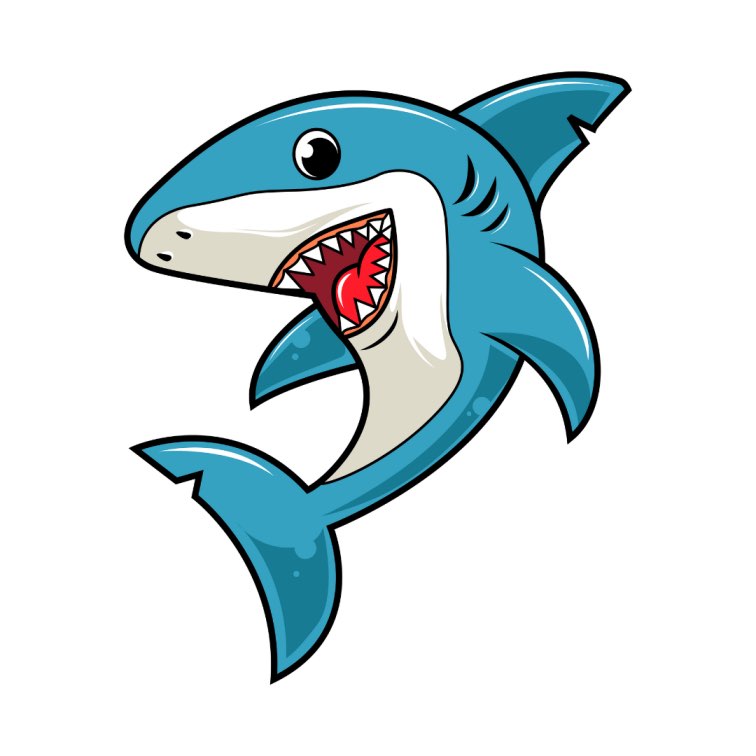Plastic has become ubiquitous in modern life. It’s a cheap, convenient material used to make packaging and a variety of products. Plastic is found in everything from the mobile phone we reach for in the morning to the toothbrush we use before bed—and is even found in our food in the form of microplastics.
Every piece of plastic produced still exists as plastic waste. The Plastic Pollution Coalition is working to ensure that this plastic doesn’t end up littering ecosystems, harming wildlife, or clogging up waterways. This article will explore what the nonprofit does and why it’s so important.
Plastic Pollution Stats
According to the United Nations Environment Programme (UNEP), “our planet is choking on plastic.” The cause of plastic pollution starts with the fact that we produce A LOT of plastic. This generates about 300 million tonnes of plastic waste every year. As a result, millions of tons of plastic—about 60% of total plastic waste—end up as litter in our environment.
In the United States alone, more than 42 million metric tons of plastic are produced every year. This means every American produces about 287 pounds of plastic waste annually. Higher than every other country in the world, we produce twice as much plastic as China and more than all of the European Union countries combined.
What’s worse, of all of the plastic that’s been produced, a whopping 91% has not been recycled. This means that the US alone is leaking up to 2.24 million metric tons of plastic waste into oceans every year. Globally, humans send more than 8 million tonnes of plastic into the ocean. By 2030, we could see more plastic than fish in the world’s oceans.
Not only does all of this plastic pollution result in toxins leaching into our environment, but it puts wildlife and human life in danger, too. Every year, at least 100,000 marine animals die from plastic litter—and this is just a result of ghost fishing equipment. More animals die as a result of mistaking plastic for food, or getting injured by consumer plastic waste (straws, 6-pack rings, etc.).
Consuming about a spoonful’s worth every week, Reuters reported that humans ingest roughly 5 grams of plastic each week. Over the span of a decade, we eat about 5 pounds worth. Throughout our entire lives, we eat a whopping 44 pounds of plastic.
We don’t want plastic litter scattered through our waterways. And we certainly don’t want to be eating dozens of pounds of plastic throughout our lifetimes. Fortunately, the Plastic Pollution Coalition is taking a stand to fight one of the environment’s greatest threats.
What is the Plastic Pollution Coalition?
Recognizing that the material impacts all aspects of life, the Plastic Pollution Coalition is working to solve the “environmental, wildlife, climate, human health, and social justice issue.” To do so, the non-profit communications and advocacy organization collaborates with a global alliance of individuals, businesses, and other organizations.
The Plastic Pollution Coalition was the first and remains the most established organization focused exclusively on plastic pollution. Legally, they’re a project of the Earth Island Institute, a 501(c)3, non-profit organization. They have thousands of members in 75 countries and work primarily through educating, connecting, and advocating for “a more just, equitable world free of plastic pollution.”
What Does the Plastic Pollution Coalition Stand For?
By working with partners and sponsors like 1% for the Planet and #BreakFreeFromPlastic, the Plastic Pollution Coalition is able to target plastic pollution from different angles. With a “just, equitable, regenerative world free of plastic pollution and its toxic impacts” at the forefront of all that they stand for, their current projects include:
- Filtered Not Bottle: an education and advocacy project focusing on lead pipes and service lines for tap water—and urging the use of water filters instead of plastic bottles to support communities in need of non-contaminated water
- Flip the Script on Plastics: addressing use of single-use plastics in popular television shows and promoting discussion of responsible disposal—an average episode uses 28 single-use plastic items!
- Global Legislative Toolkit: a resource center for advocates and policymakers addressing plastic pollution through policy action
- Understanding Packaging Scorecard: a free online resource for restaurants, sport and concert venues, and other businesses to help them choose more sustainable packaging for food and drinks
- Hannah4Change: an educational project spearheaded by 19-year-old Hannah Testa, author of best seller, Taking on the Plastics Crisis
- The Last Plastic Straw: a project tackling the more than 500,000,000 plastic straws that are used daily in the US
These are projects anyone can get involved with. Between the choices we make at restaurants, how we interact with our TV shows, and saying “no” to straws, we each play a role in reducing plastic waste.
Green Eco Dream, a Plastic Pollution Coalition Member
As a Plastic Pollution Coalition member, we’re proud to join more than 1,200 other businesses, organizations, and leaders working toward a world free of plastic pollution. To do our part, we avoid plastic packaging by using recycled cardboard boxes, compostable tape, and FSC certified stickers. We’re also a member of 1% for the Planet, donating a portion of our annual sales and our time to organizations like Clean Miami Beach.
Plastic pollution is a massive problem. But with organizations like Plastic Pollution Coalition and conscious shoppers like you, we can stop plastic pollution and make our world a cleaner, greener place. To help you with that we are giving you 10% on the first order with code: BLOG10.
If you enjoyed reading this Blog, please share it, and help us get the word out together. Thank you! 😊











